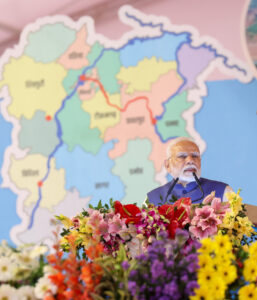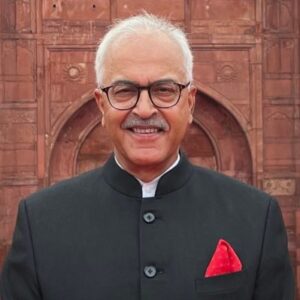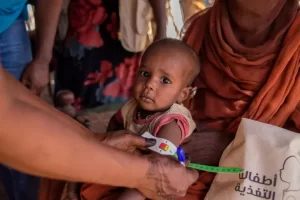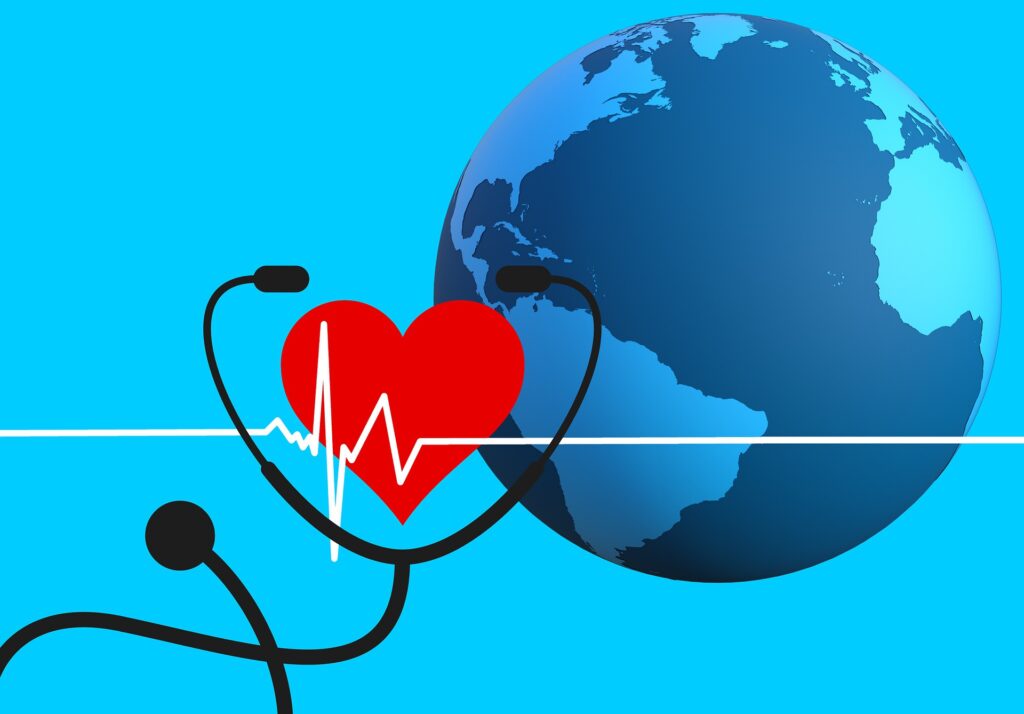
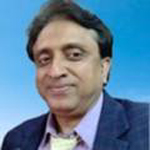 By Dr Satish K Gupta*
By Dr Satish K Gupta*
The World Health Organization (WHO) is a specialized agency of the United Nations that was established on April 7, 1948, to promote the highest possible level of health for all people. It has its headquarters in Geneva, Switzerland, and a presence in 194 countries. It celebrates its 75th anniversary today this year.
In recent years, WHO has faced several challenges, including funding constraints, political interference, and criticism of its handling of global health emergencies. The organization has been working to address these challenges and improve its effectiveness and transparency.
One of the most significant challenges facing WHO in recent years has been the COVID-19 pandemic. The organization has played a central role in coordinating the global response to the pandemic, providing guidance on prevention and control measures, and supporting countries in managing the outbreak.
WHO repeatedly voiced its concern over the non-judicious use of vaccine boosters by rich nations. It also sent teams to the Wuhan Institute of Virology to investigate the origin of SAR-CoV-2.
However, WHO also faced criticism for handling the pandemic, particularly in the early stages. Some have argued that the organization was slow to recognize the outbreak’s severity and did not provide timely and accurate information to the public. Pandemic Prevention Draft by WHO is a key change sought by the world’s premiere health agency.
WHO’s 2023 theme – ‘Health for All’, and the Rajasthan legislation
‘Health for All’ means that health should be regarded as an objective of economic development and not merely as one of the means of attaining it.
‘Health For All’ should mean that health is to be brought within reach of everyone in a given country. Health For All would imply the removal of the obstacles to health – that is to say, the elimination of malnutrition, ignorance, contaminated drinking water, and unhygienic housing – quite as much as it does the solution of purely medical problems such as a lack of doctors, hospital beds, drugs, and vaccines.
‘Health for All’ would also mean extending the Right to Health to all. But a recent fiasco in Rajasthan over the Right to Health Bill brought to the limelight how the Government wishes to pass the buck on private practitioners on the one hand. The bill, which was passed in the Rajasthan Assembly on March 21, 2023, gives every resident of Rajasthan the right to emergency treatment care without prepayment of requisite fees or charges to any health institution. However, the medical fraternity wanted those private hospitals which had not availed of concessions or taken land and building at subsidised rates from the State government to be kept out of the purview of the Act. Finally, the State government ceded to their demand.
Doctors who vehemently opposed the Right to Health Bill today happily flashed photoshoots celebrating World Health Day carrying placards with the slogans ‘Health For All on WHO Day – April 7, 2023’.
Real change in society requires a change in mindset and not just vote bank politics.
The world continues to face new and evolving health threats, WHO’s leadership and expertise nevertheless will be essential in addressing these challenges and advancing global health.
Everyone must remember that the WHO is just a facilitator, not a dictator. It can frame guidelines. Real change comes from within Society.
WHO is governed by the World Health Assembly, which comprises representatives from all member states. The Assembly meets annually to set policy and approve the organization’s budget. The organization is led by the Director-General, appointed by the World Health Assembly for a five-year term.
The World Health Organization Director-General, Tedros Adhanom Ghebreyesus, was elected unopposed for a second five-year term on October 28, 2021. Trained in biology and infectious diseases with a doctorate in community health, he is also the first WHO chief who is not a medical doctor. Tedros, the first African to head the U.N. health agency, has overseen its complex response to the COVID-19 pandemic overshadowing his tenure.
WHO’s primary function is to provide leadership on global health matters, shaping the health research agenda, setting norms and standards, providing technical support to countries, and monitoring and assessing health trends.
The organization works closely with governments, non-governmental organizations, and other partners to achieve its objectives. It is just a facilitator and works diplomatically
One of WHO’s key roles is to provide technical assistance and support to countries to improve their health systems. This involves helping countries to develop and implement health policies and strategies, providing technical guidance on health issues, and supporting the development of health infrastructure and systems.
WHO also plays a critical role in global health emergencies, such as disease outbreaks and pandemics. The organization provides technical and logistical support to countries affected by such emergencies, coordinates the international response, and guides how to prevent and control the spread of diseases.
Another vital function of the WHO is to conduct research on health issues and promote the use of evidence-based interventions to improve health outcomes.
Over the years, the WHO has played a critical role in advancing global health. Some of its notable achievements include the eradication of smallpox, the reduction of polio cases by over 99%, and the development of effective treatments for diseases such as HIV/AIDS, malaria, and tuberculosis.
*Dr. Satish K Gupta is an MD in Medicines, a Visiting Senior Consultant Physician and Internist at Max Super Speciality Hospital, and a Clinical Assistant Professor at GS Medical College, Chaudhary Charan Singh University, Meerut. He is the author of Journey of COVID in India: A Doctor’s Perspective.


